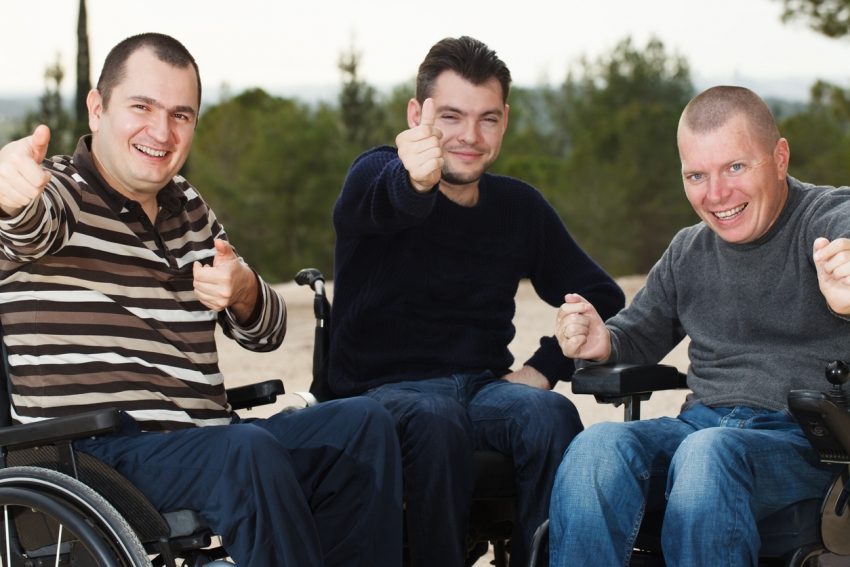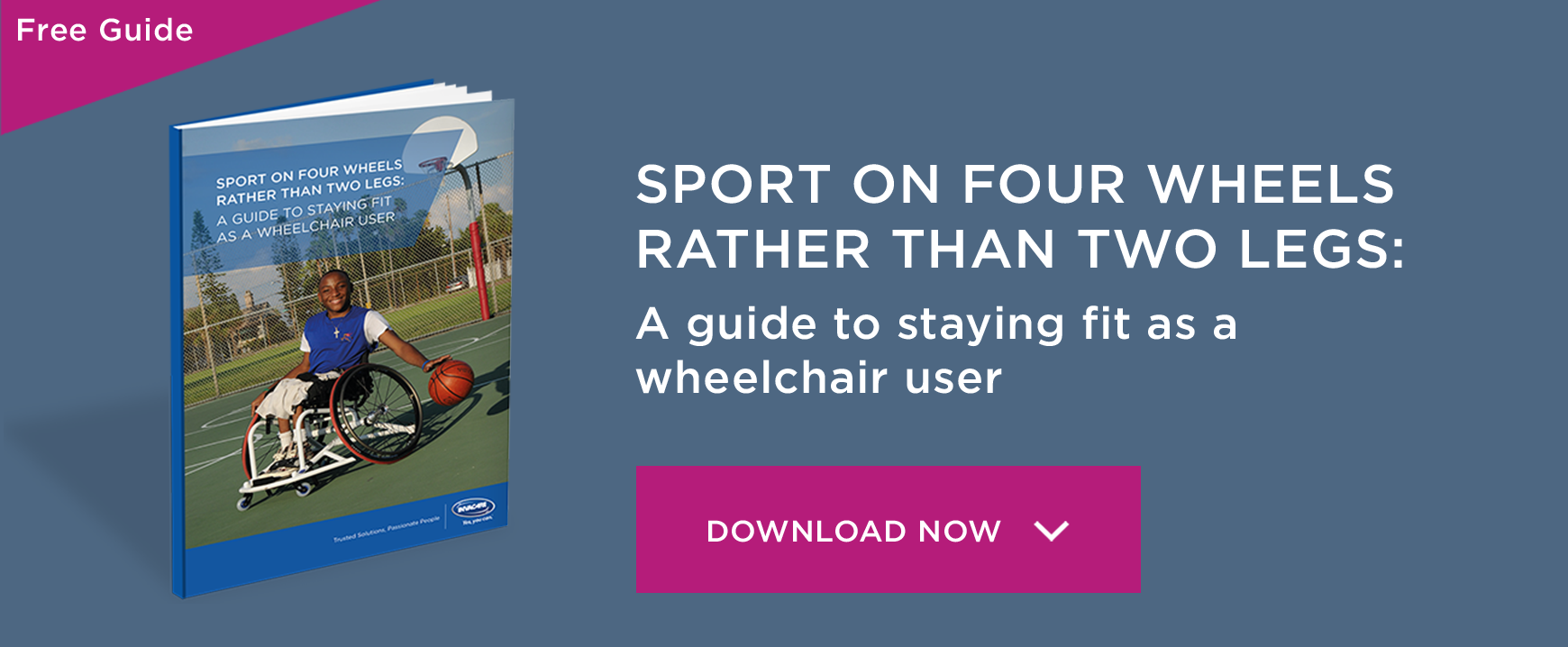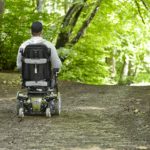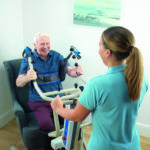The Top 3 Things You Can Do To Boost Your Self Esteem

After a traumatic injury or the development of a disability or health problem, some people struggle with self-esteem. You may look different, feel different, and have differing abilities from what you could do in the past. All of these things can affect how you feel about yourself, and who you are now.
The good news is that if your self-esteem is low, there are several things you can do to boost it back up. Taking care of your health, setting new goals, and focusing on the things that you can do well can help you to feel better.
Take Care of Your Health
Eating healthy and exercising not only helps your body feel better, physical health also affects our mental state. Optimizing how you feel through a good diet and staying fit will not just make you happier, but it will give you the confidence that you are operating at your best.
If you are not sure where to start or find it difficult to make and stick to a plan, you can consult your doctor for advice. You may benefit from a nutritionist to help with your food choices. And a physiotherapist can make sure you are exercising in a way that allows you to push your limits without injuring yourself.
Set New Goals
Most likely your goals had to change once you acquired a spinal cord injury. It’s possible that your career path or hobbies are different. The loss of former goals could make you feel depressed. If so, setting new goals is another way to boost your self-esteem. Instead of judging yourself based on your old criteria, set a new path and vision for yourself.
Here are some things to think about while setting your new goals:
- What do you enjoy?
- What are you physically capable of, but you just haven’t learned to do it yet?
- What are your career goals?
- What are your social goals?
- What are your recreational goals?
Start by setting a goal, and then breaking it into smaller action steps. The steps need to be so small that the first one is almost immediately attainable. This will set you up for success and encourage you to keep reaching for the next step until you meet your final goal.
For example, if you have a goal of learning to drive, the first step you might choose is to simply sit down at the computer and gather information about where you can take lessons with hand controls. Writing the goals out and making a visual chart or photo board can also be motivating.
Focus On What You Do Well
Instead of concentrating on what you can’t do, take inventory of what you can still do well. Some of those things may be completely unchanged. If you used to be a computer coder, you might still be great at coding. Other things may have changed, but can be adapted.
For example, if you were an athlete before your injury, consider finding an adaptive sport to pursue. You may not be able to do things the same way, but if you were a good athlete before, you may still be a good athlete now.
Focusing on what you do well will remind you what skills and talents you have that can impact society. Knowing that we can serve others, and have something of value to offer our community, can raise our self-esteem.
While things may seem negative now, you might realize that they are mostly just different. By staying healthy through diet and exercise, setting new goals, and focusing on what you do well, you can effectively boost your self-esteem.
Annie Beth Donahue is a professional writer with a health and disability focus.







